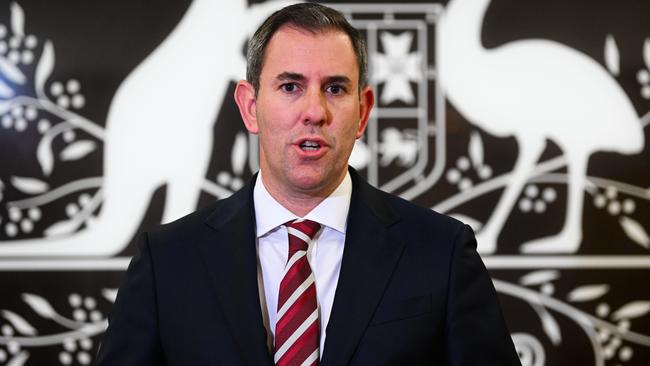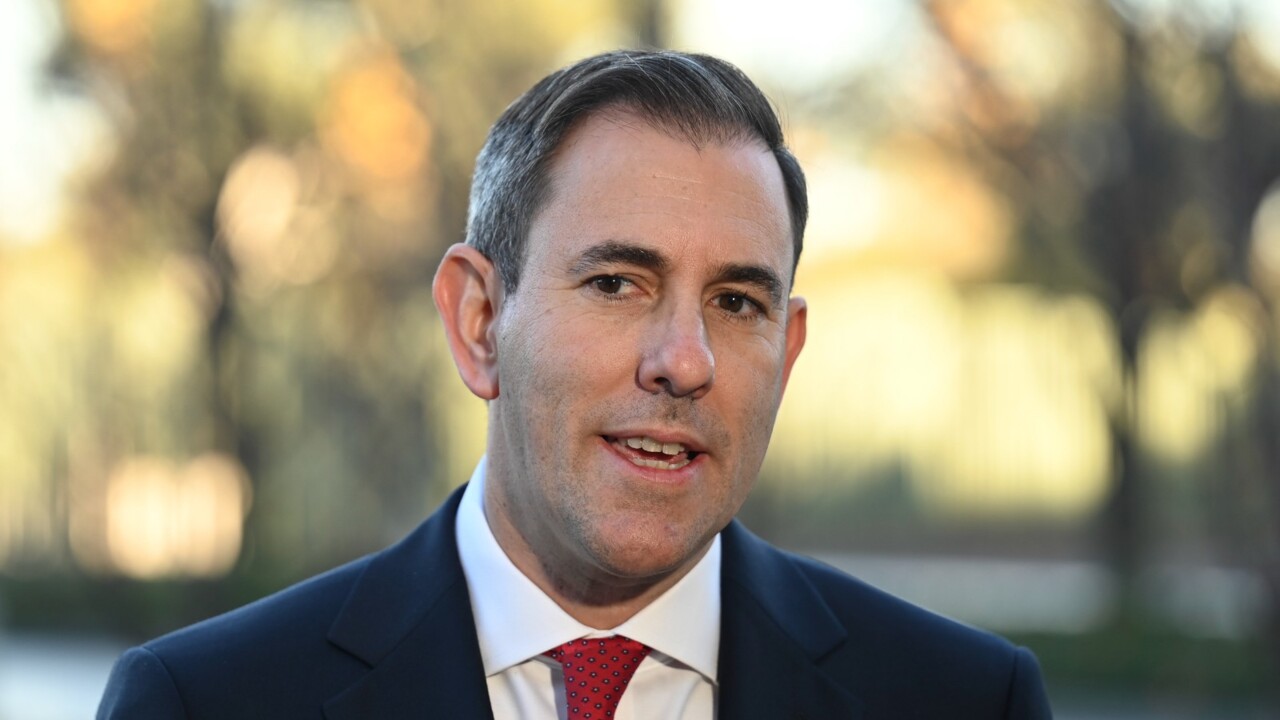
And this week’s market rout on the back of fears of a US slowdown show just how quickly global events can switch the local narrative.
Last week the markets, and economists, were debating when and by how much the RBA would have to lift the cash rate to take the heat out of inflation.
Today, they are debating how soon rates will come down over fears of a global economic weakening.
The problem is that RBA governor Michele Bullock put paid to that happening any time soon with her post-rates commentary on inflation being too high and sticking around for far too long.
This puts the language of our central bank at odds with others. And it complicates the
cost-of-living politics for the government.
Volatility in the economy and political instability have been features of many western nations for almost a decade now. Australia hasn’t been immune.
It is just now becoming more acute.
And while the stock market plunge provides for dramatic backdrop, the implications for the RBA and the economy may not be as important as is being suggested.
Many economists will tell you that while stock market gyrations aren’t that important for the broader economy.

The late Ted Evans, a former head of Treasury, once said that the greatest macro-policy mistake Australia made was cutting rates in the wake of the 1987 crash.
What was going on in the economy at the time didn’t justify it.
One could argue circumstances are different now, but not they are not that radically different from the point Evans was making – that markets just aren’t that significant to what else is going on in the economy.
What it does show, however, is how quickly the economic and political environment can swing. And what is underlying market movements is the key.
What the markets represent, and how the Reserve Bank may view it, is a reaction to the economic numbers out of the US which are worse than expected.
Of course, China is a bigger problem for Australia than the US.
But, overseas at least, the pendulum of concern is swinging back toward fear of economic slowdown rather than inflation. This was the point Chalmers was trying to make earlier this year, to justify what was a big spending budget in May.
And he may well end up being right for the wrong reasons.
In 2008, when Kevin Rudd and Wayne Swan were faced with creeping inflation, there was a case for the government to be careful with its budget. This was before the global financial crisis hit.
Swan and Rudd attended IMF meetings that year, ahead of the budget, when economists were arguing that the government needed to help the RBA which had risen rates.
They came back and said no.
Serendipity, courtesy of the GFC, made them right in the end.
The question now is whether this will be a Ted Evans moment or a Rudd-Swan moment for Chalmers.
The underlying issue is the in-built volatility, in economies and as a consequence, political systems.
Economist Chris Richardson says what is needed in response to the market sell-off is a “chill pill”.
That’s not to say there aren’t fresh challenges emerging globally which makes it almost impossible to predict what might happen.
Richardson likes to tell his corporate clients that the world has changed since 2006 – an age before geostrategic deterioration, pandemics, rampant inflation and the end of certainty.
“We think we know what’s going on but at any given moment, governments, businesses and families have to be much more ready to scramble to respond than used to be the case,” he says.
Chalmers’ approach may well end up having been proven to be the right one. But not because he saw any of this coming.
It may just be that circumstances and events have now conspired to create an environment that may suit Labor’s predetermined agenda.



Jim Chalmers may well end up being right, but not necessarily for the right reasons.